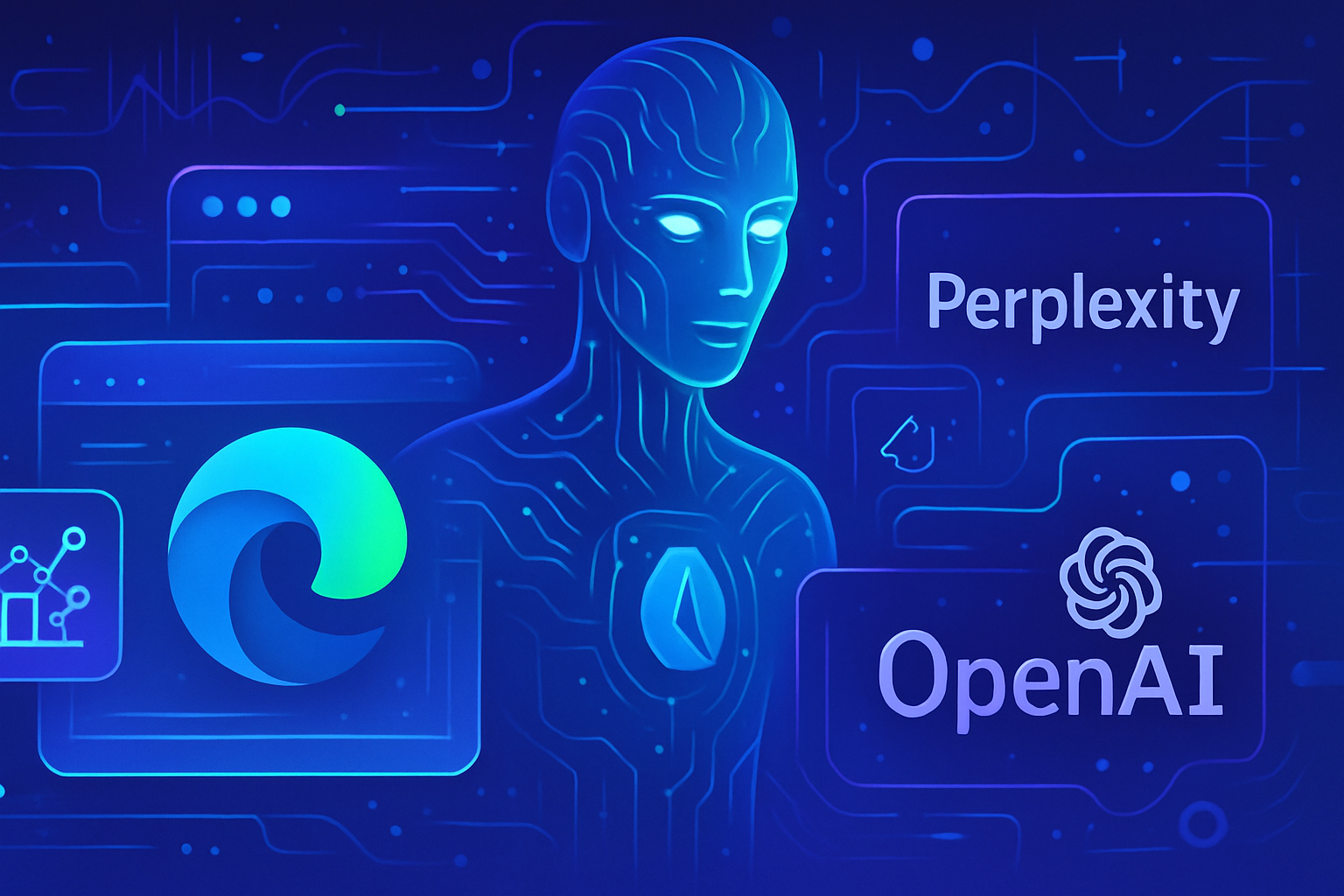Diabetes management requires constant vigilance, a significant challenge for millions of individuals. The uncertainty regarding blood sugar levels can lead to serious complications and requires rigorous monitoring. The partnership between IBM and Roche signifies a significant advancement through AI. The Accu-Chek SmartGuide Predict offers predictions for blood sugar fluctuations, fostering a proactive response to changes. The innovation lies in this predictive approach, transforming how patients manage their condition on a daily basis.
IBM and Roche are establishing a partnership aimed at transforming diabetes management. The shared goal revolves around creating the Accu-Chek SmartGuide Predict application. This solution is based on blood sugar forecasting capabilities powered by artificial intelligence. The application’s developers are implementing a system that predicts glucose levels, thereby providing insights into their future developments.
Revolutionary features of the application
The Accu-Chek SmartGuide Predict does not merely track blood sugar levels. It also informs users about the trajectory of their glucose levels. This application works in conjunction with Roche’s continuous glucose monitoring sensor, analyzing data in real-time to offer preventive insights. A remarkable feature, the “Glucose Predict” function, applies sophisticated algorithms to visualize anticipated glucose variations over a two-hour period.
Alert for hypoglycemia
The risk of hypoglycemia is a major concern for many people living with diabetes. The application therefore integrates a tool called “Low Glucose Predict,” which warns users of potential declines in blood sugar up to half an hour in advance. This feature allows corrective actions to be taken before the situation becomes critical.
Nocturnal protection
Another particularly reassuring aspect of the application is the “Night Low Predict” function. It assesses the risk of hypoglycemia during the night, which can be a source of anxiety for patients. Before going to bed, the user receives an alert regarding the need to consume a snack, thereby improving their sleep and peace of mind.
Impact of AI on diabetic research
This partnership is not only beneficial for patients. Thanks to IBM’s watsonx AI platform, a new tool has been developed to analyze clinical trial data. It facilitates the digitization, translation, and categorization of anonymized data sets while establishing links between blood sugar analyses and participants’ daily activities.
Researchers can thus identify significant patterns and correlations in record time, thereby reducing the burden associated with manual analysis of clinical data. These behind-the-scenes innovations could have a more significant impact on the evolution of diabetes care in the long term than the application itself.
An alliance between technological and medical expertise
The collaboration between IBM and Roche illustrates the union of distinct worlds. On one hand, IBM’s expertise in computing and artificial intelligence, on the other, Roche’s solid experience in the health sector. Moritz Hartmann, head of information solutions at Roche, emphasizes that this partnership highlights the potential of intersectoral innovation to address unmet medical needs and significantly advance health standards.
Sustainability of technology and future perspectives
The Accu-Chek SmartGuide Predict application is currently accessible only in Switzerland, following a testing and improvement strategy before a broader deployment. Healthcare professionals are closely monitoring these developments to validate the effectiveness of this innovative tool. The outcomes of this initiative could serve as a model for future collaboration between technology giants and pharmaceutical companies, envisioning similar solutions for other chronic diseases.
The implications of this innovation could revolutionize patients’ approaches to diabetes management, thereby enhancing their ability to anticipate fluctuations in their blood sugar levels. Studies suggest that this shift from reactive management to a predictive dynamic could transform the quality of life for millions of people around the world.
To discover other innovative health advancements, check out this article on the practical nutritional features of Oura.
Frequently asked questions
How does the Accu-Chek SmartGuide Predict application help manage diabetes?
The application provides blood sugar predictions based on real-time analyses, allowing users to anticipate their glucose levels and take proactive measures to avoid dangerous fluctuations.
What are the main features of the application?
Key features include blood sugar forecasting, an alert for low glucose levels, and an estimation of nighttime drop risks, thus enabling personalized diabetes management.
Is the application compatible with all glucose sensors?
Currently, the application primarily works with Roche’s continuous glucose sensors, ensuring optimal integration for users of these devices.
Who is the Accu-Chek SmartGuide Predict application mainly aimed at?
It is aimed at individuals living with diabetes, providing them with a tool to improve their daily management of the disease through forecasts and personalized advice.
What advantages does artificial intelligence bring to diabetes management?
Artificial intelligence allows for the rapid and accurate analysis of blood sugar data, offering recommendations based on users’ lifestyles and thus facilitating proactive management.
How does the blood sugar forecasting function work in the application?
This function uses advanced algorithms to analyze blood sugar data and previous behaviors, predicting upcoming trends over a two-hour period.
Can the application prevent nocturnal hypoglycemia?
Yes, the nighttime prediction feature alerts the user to the risk of hypoglycemia before bedtime, allowing them to take preventive measures, such as a snack.
What are the future prospects for this technology in the health sector?
This collaboration between IBM and Roche could pave the way for further predictive innovations in managing other chronic diseases, thus transforming the digital health landscape.
Where is the application currently available?
The application is currently only available in Switzerland, allowing developers to optimize its features before any potential international deployment.
What impact could this solution have on the global diabetes community?
This technology could revolutionize diabetes management by shifting from a reactive approach to proactive and personalized management, thereby improving the quality of life for millions of people living with this disease.






